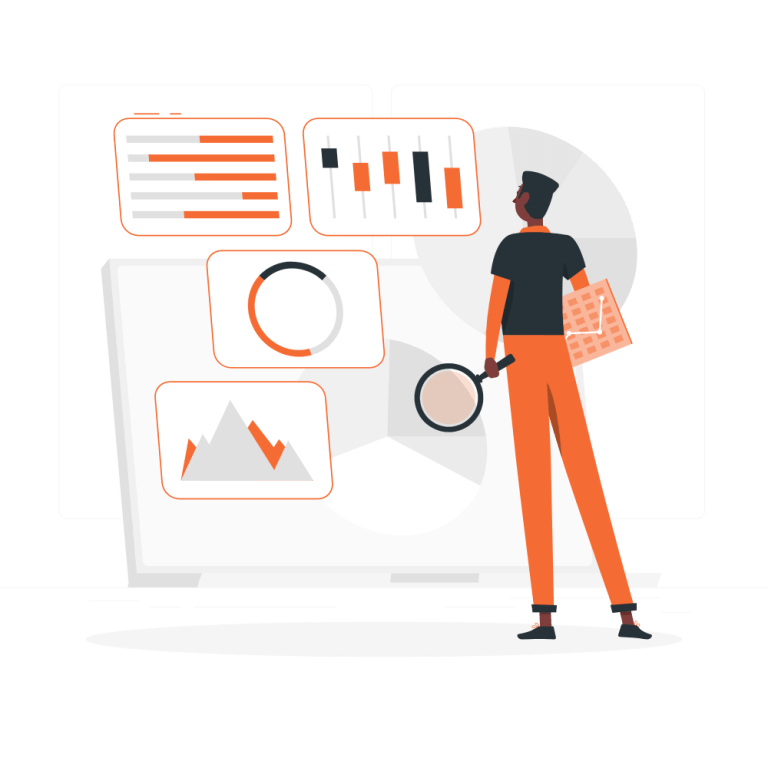
In the dynamic and competitive landscape of the retail industry, businesses need to stay ahead by optimizing their operations and enhancing customer experiences. Enterprise Resource Planning (ERP) software has emerged as a game-changer for retailers, offering a comprehensive suite of modules that can streamline processes, improve efficiency, and drive growth. In this article, we’ll delve into the various ERP modules tailored to the retail sector and how they can facilitate business growth.
Inventory Management
One of the most critical aspects of retail is managing inventory effectively. An ERP system’s Inventory Management module enables retailers to track stock levels in real-time, automate reorder points and reduce overstock or understock situations. This leads to improved cash flow and ensures that products are always available for customers, ultimately boosting sales and customer satisfaction. Inventory management in ERPNext is a comprehensive feature that allows organizations to efficiently track, control, and optimize their stock levels. With real-time visibility into inventory data, organizations can make informed decisions, prevent stockouts, and reduce excess inventory.
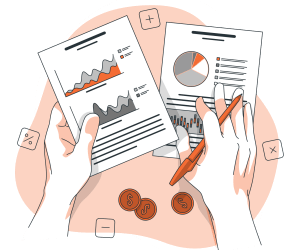
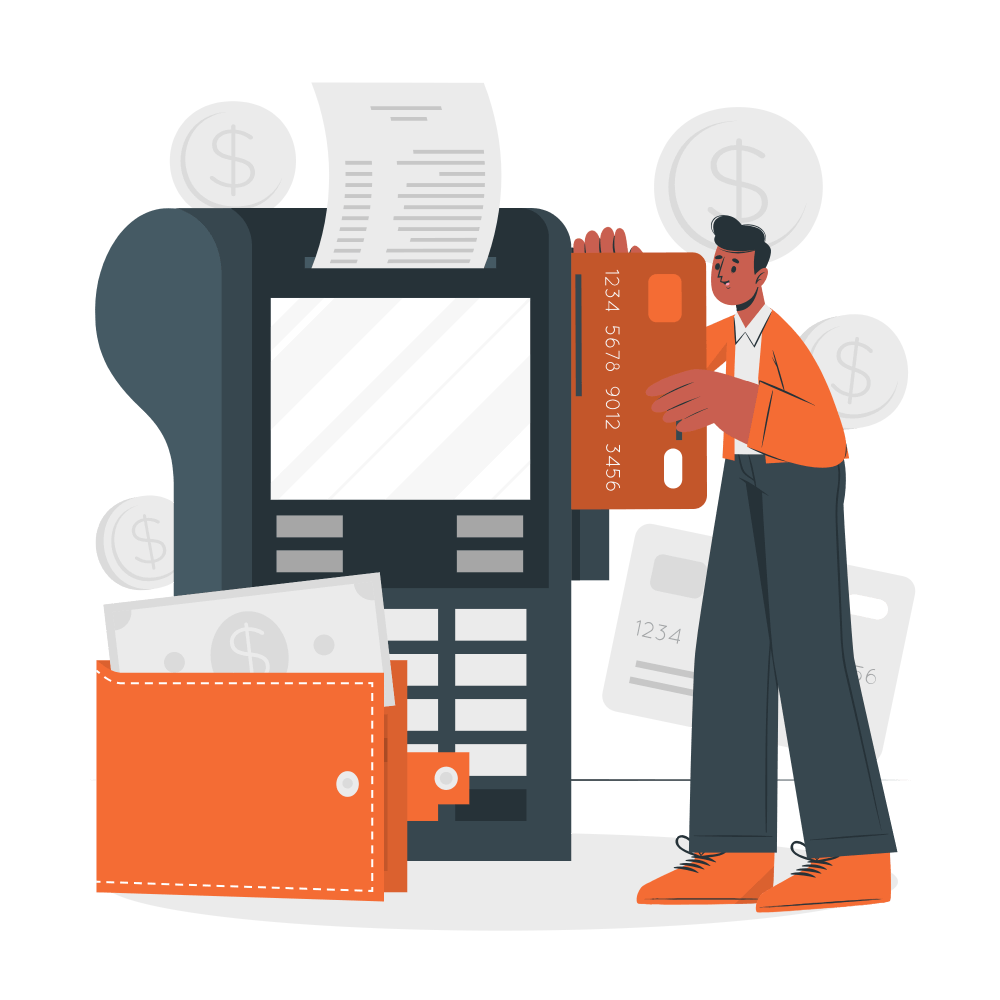
Point of Sale (POS) Integration
Integrating the POS system with an ERP allows retailers to seamlessly manage sales, track transactions and monitor customer data. This integration facilitates quicker and more accurate decision-making, as retailers can analyze sales trends, identify popular products and adjust pricing strategies accordingly. ERPNext’s Point of Sale (POS) integration streamlines the retail experience by providing a seamless connection between sales transactions and inventory management. It simplifies the sales process, enables real-time inventory updates, and supports various payment methods.
Financial Management
Proper financial management is essential for sustainable growth. ERP modules for finance assist in budgeting, financial reporting, and forecasting. Retailers can analyze their financial data in real-time, helping them make informed decisions and allocate resources efficiently. This module ensures accurate financial records and real-time visibility into the financial health of the organization. ERPNext’s user-friendly interface simplifies financial collaboration and ensures compliance with accounting standards, making it adaptable for startups and large enterprises alike.
Customer Relationship Management (CRM)
In the retail industry, building and maintaining strong customer relationships is vital. CRM modules in ERP software help retailers collect and manage customer information, track buying behavior and provide personalized shopping experiences. Enhanced customer satisfaction translates into repeat business and positive word-of-mouth referrals. ERPNext’s CRM module empowers organizations to manage leads, contacts, and sales opportunities seamlessly. It automates lead generation, lead nurturing, and sales pipeline management. Real-time insights into customer interactions enable informed decision-making and personalized customer engagement.

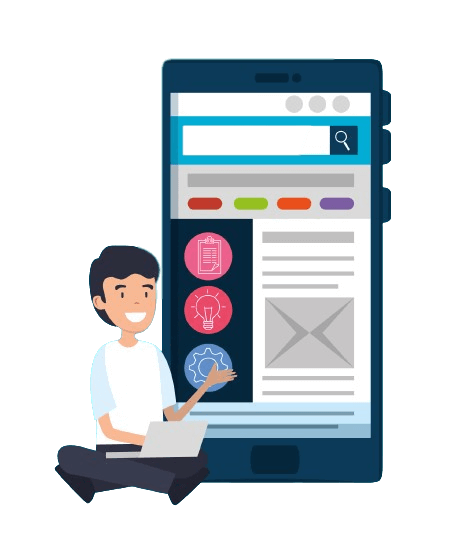
Multi-Channel and E-commerce Integration
With the increasing importance of online retail, ERP systems now include modules for managing multiple sales channels and e-commerce platforms. Retailers can synchronize inventory, pricing and customer data across all channels, ensuring a consistent and efficient shopping experience. ERPNext’s multi-channel and e-commerce integration features enable businesses to expand their reach and streamline online sales. Whether through e-commerce platforms, marketplaces, or multiple sales channels, ERPNext facilitates centralized order management, inventory synchronization, and customer data consolidation.
Employee Management and Workforce Optimization
Efficient staffing and workforce management are crucial for retail success. ERP modules for HR and workforce optimization help retailers with staff scheduling, training and performance evaluation, leading to improved customer service and operational efficiency. ERPNext’s employee management module simplifies HR processes from recruitment and onboarding to performance evaluation and offboarding. It centralizes personnel records, streamlines leave management, and facilitates employee self-service.
Supply Chain Management
Retailers often deal with complex supply chains involving multiple suppliers and distribution channels. ERP systems streamline supply chain management by optimizing procurement, transportation, and logistics processes. This ensures the timely availability of products, reduces costs and minimizes supply chain disruptions. Real-time insights enable data-driven decisions, cost reduction, and improved supply chain resilience. Integration with other ERPNext modules ensures seamless coordination between supply chain, finance, and production, allowing organizations to meet customer demands while remaining competitive.

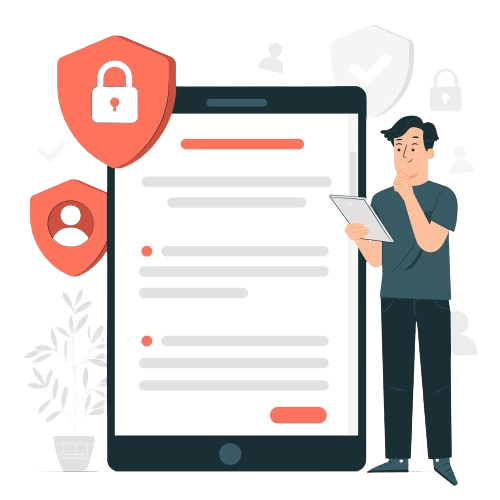
Compliance and Security
Retailers deal with sensitive customer and financial data. ERP systems come equipped with security and compliance modules to ensure data protection and compliance with industry regulations, reducing the risk of data breaches and associated liabilities. ERPNext places a strong emphasis on compliance and security, providing robust features to ensure data integrity and regulatory adherence. The system includes role-based access control, audit logs, and data encryption to safeguard sensitive information.
Scalability and Flexibility
As retail businesses grow, their needs evolve. ERP systems offer scalability and flexibility, allowing retailers to adapt to changing market dynamics, expand their operations and seamlessly integrate new modules as required. ERPNext is built with scalability and flexibility in mind, making it suitable for organizations of all sizes and industries. As your organization grows, ERPNext adapts to your evolving needs. The system supports customization, allowing you to tailor workflows, forms, and reports to match your unique requirements.
Analytics and Business Intelligence
Data-driven insights are invaluable in retail. ERP systems offer powerful analytics and business intelligence modules that allow retailers to identify market trends, analyze sales patterns, and make data-backed decisions. This leads to more accurate demand forecasting and the ability to adapt to changing market conditions swiftly. The system consolidates data from multiple sources, enabling data-driven decision-making and the identification of opportunities and challenges. Whether it’s sales trends, financial performance, or inventory analysis, ERPNext’s analytics tools facilitate data analysis and reporting, allowing organizations to adapt to changing market conditions and drive continuous improvement.
